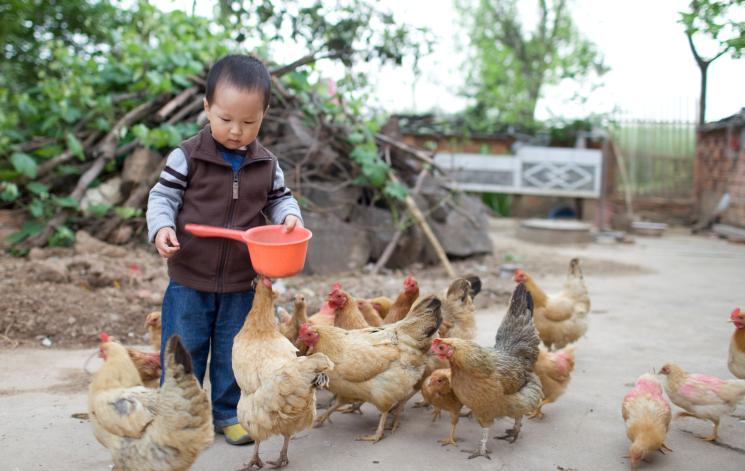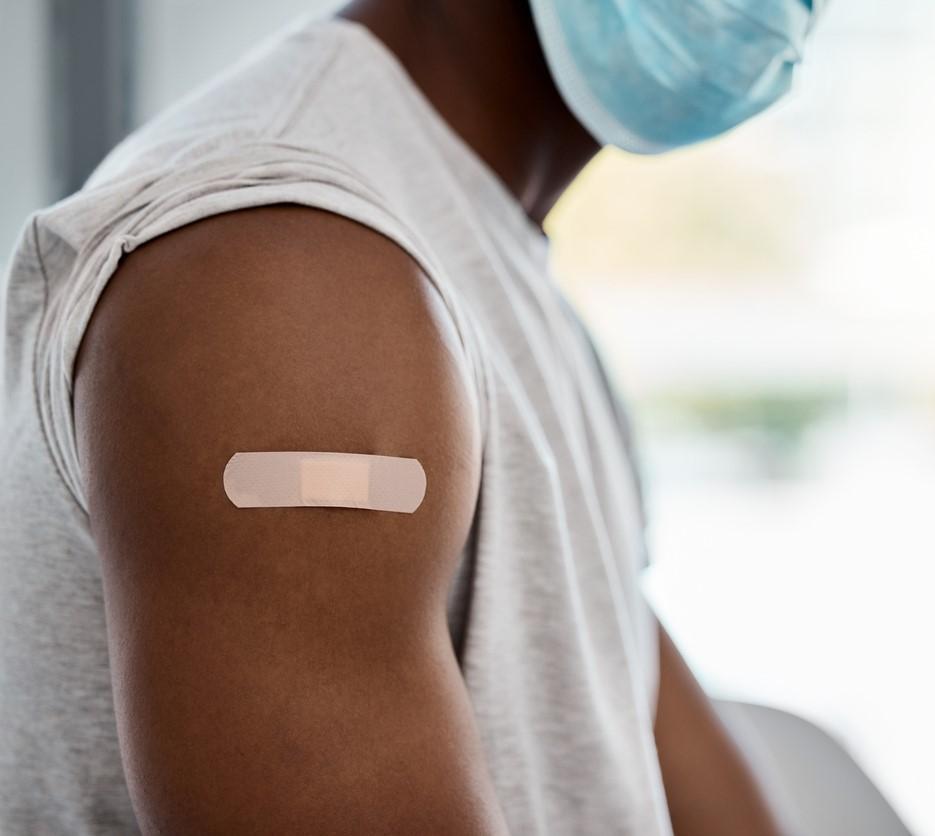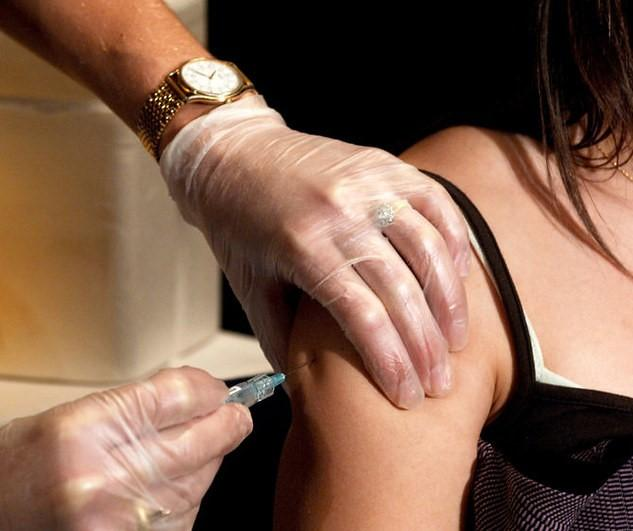China has reported three more H9N2 avian flu infections, all involving children, Hong Kong's Centre for Health Protection said today in its weekly avian flu update.

The infections raise the country's number of H9N2 infections this year to four and come just a week after the mainland reported its first case of the year, which involved a 6-year-old boy from Anhui province.
The children infected by the virus are from three different provinces. One is a 3-year-old boy from Guangxi province in southern China whose symptoms began on February 2, and another is an 11-year-old boy from Jiangxi province in the country's southeast who became ill on February 11. The third patient is a 3-year-old boy from southern China's Guangdong province who started having symptoms on February 17.
H9N2 infections are typically mild and affect children. The report didn't note the children's exposures, but most earlier illnesses involving the strain have been linked to contact with poultry or their environments. H9N2 is known to circulate in China and some other countries in Asia.










